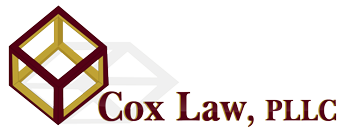In Binger, the Florida Supreme Court set forth a four-part test to guide the discretion of the trial judge in determining whether to exclude testimony of a witness not disclosed in compliance with a pretrial order:
The discretion to do so must not be exercised blindly, however, and should be guided largely by a determination as to whether use of the undisclosed witness will prejudice the objecting party. Prejudice in this sense refers to the surprise in fact of the objecting party, and it is not dependent on the adverse nature of the testimony. Other factors which may enter into the trial court’s exercise of discretion are: (i) the objecting party’s ability to cure the prejudice or, similarly, his independent knowledge of the existence of the witness; (ii) the calling party’s possible intentional, or bad faith, noncompliance with the pretrial order; and (iii) the possible disruption of the orderly and efficient trial of the case (or other cases). If after considering these factors, and any others that are relevant, the trial court concludes that use of the undisclosed witness will not substantially endanger the fairness of the proceeding, the pretrial order mandating disclosure should be modified and the witness should be allowed to testify.
Binger v. King Pest Control, 401 So. 2d 1310, 1313 (Fla. 1981).

